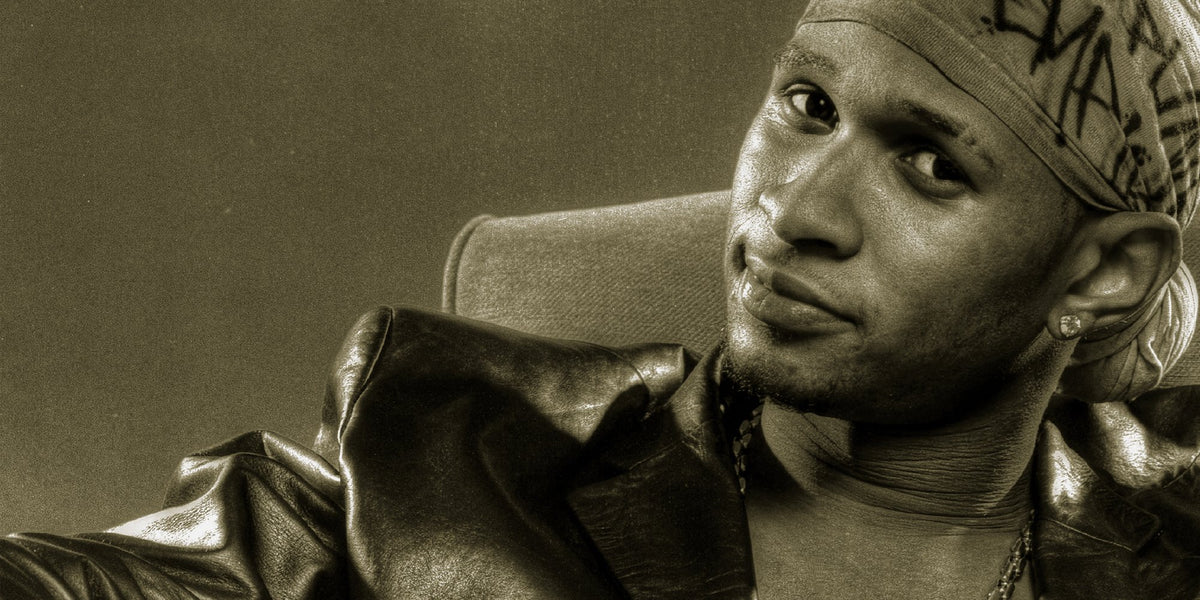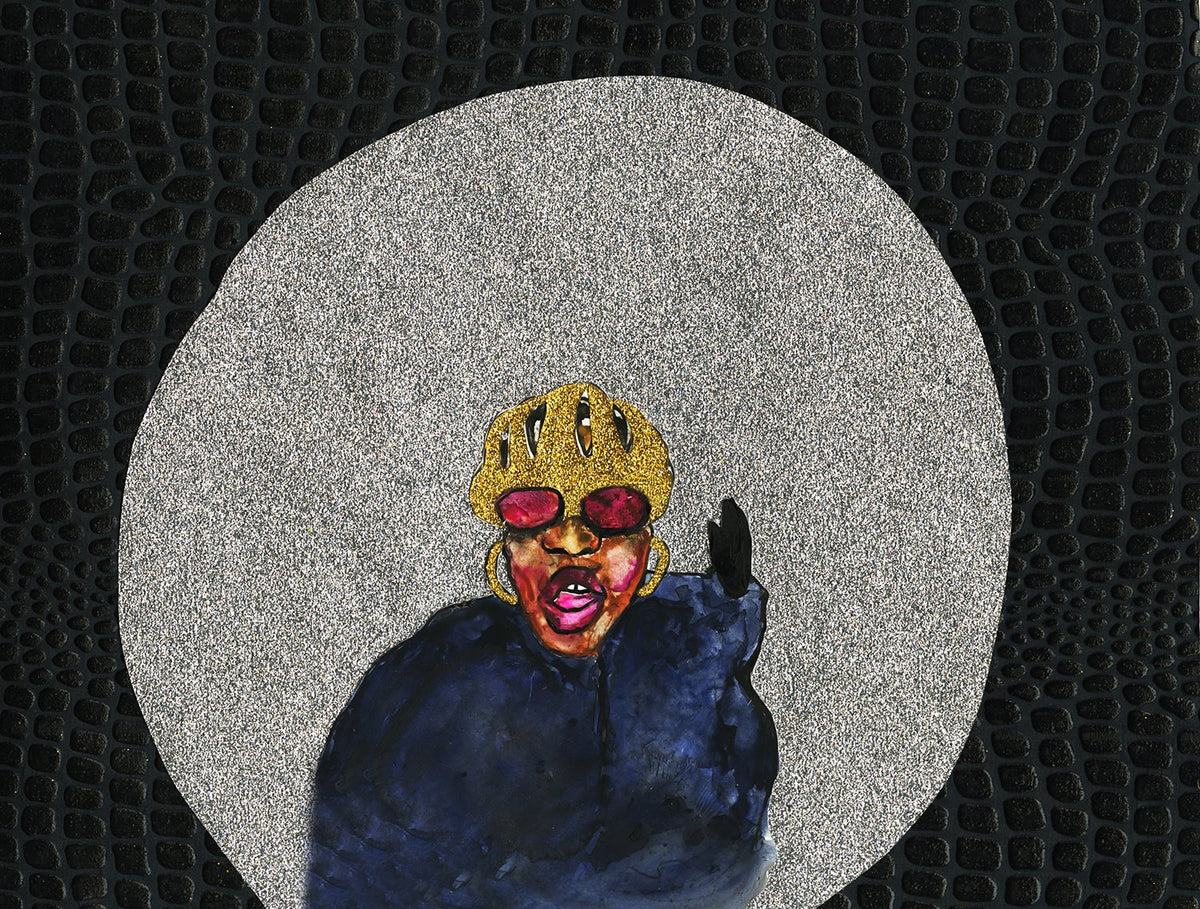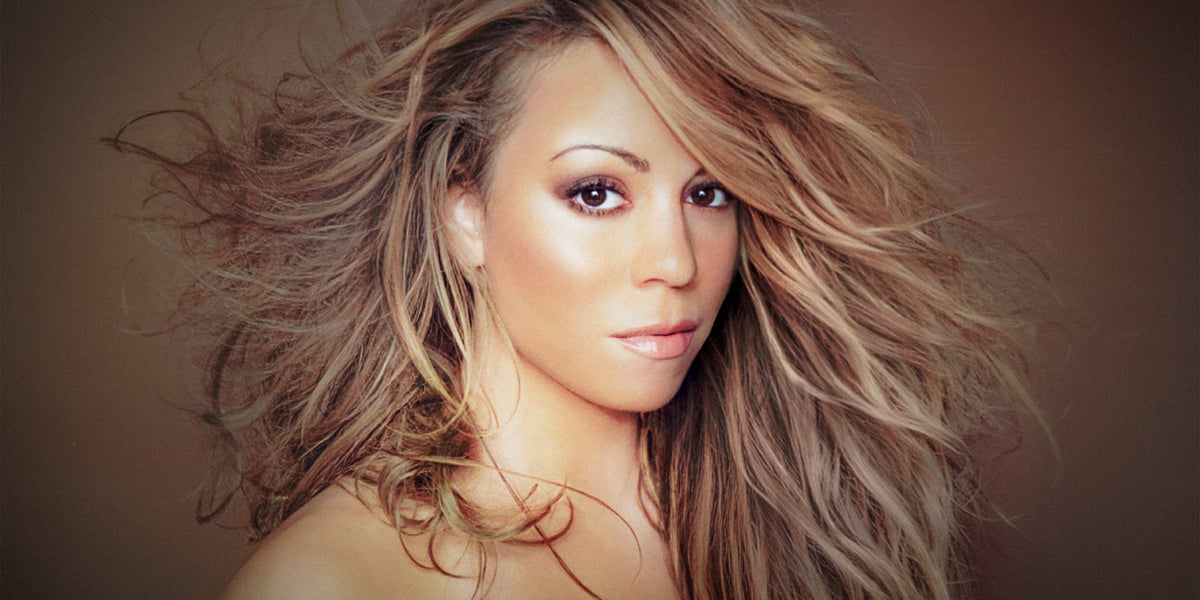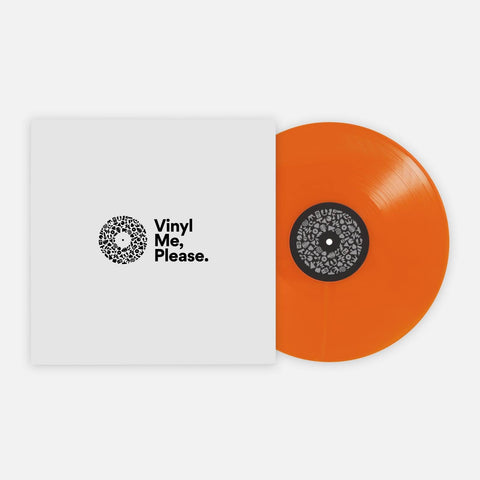‘My Way’: Usher’s Foundational Record, 25 Years Later
How the R&B star switched gears and took control on his sophomore LP
For 18-year-old Usher Raymond IV to meet a career-defining moment, he had to prove critics wrong. Released 25 years ago today, Usher’s sophomore album, My Way, delivered his first multi-Platinum album and crowned him as R&B royalty in the making. Flipping the 1969 Frank Sinatra classic “My Way” with a Gen-X edge, Usher’s 10-track 1997 album gave him a launchpad into stardom, setting the tone for the rest of his career.
Before the teenage R&B charmer established himself during the late-’90s, Usher was first managed by his mother, Jonetta Patton, who saw the vision of her first son becoming a high-profile artist. Born in Dallas before residing in Chattanooga, Tennessee, for a period, Usher was brought to Atlanta to join local kiddie group NuBeginning. Soon thereafter, Patton didn’t foresee the quintet taking off, pulling her son from the group and placing him into regional talent shows until he caught the eye of A.J. Alexander, former bodyguard of ’80s R&B nonconformist Bobby Brown. Hearsay about 13-year-old Usher made its way through the grapevine and into the boardroom of LaFace co-founder L.A. Reid, who signed the future child star on the spot after he sang Boyz II Men’s “End of the Road” during an audition.
Patton became Usher’s full-time manager while Reid landed the young crooner a placement on the soundtrack for the 1993 Tupac Shakur and Janet Jackson-led film Poetic Justice. Usher’s introductory single “Call Me a Mack” found modest success, creating a dilemma for Reid, who also noticed that Usher’s vocals were adjusting due to puberty. Undecided if his new signee should be dropped from the label roster, Reid looked to Bad Boy Records founder Sean Combs — then known as Puff Daddy. Flown to New York City to partake in Combs’ Flavor Camp, Usher was exposed to hip-hop opulence, groupies and round-the-clock recording sessions while gaining experience as a music industry newcomer. A teenage Usher took to Combs’ lessons in urban entertainment, but his eponymous album debut stalled on the Billboard 200. The album had new jack swing appeal, despite the subgenre reaching its end in 1994, putting Usher at a crossroads.
Concerned about her son’s future in the music business, Patton returned Usher to Atlanta where he participated in more local talent shows and graduated high school, impressing Reid, who simultaneously observed the rise of Atlanta producer and So So Def Recordings founder Jermaine Dupri. Dupri had a knack for collaborating with young artists during the ’90s, like R&B female quintet Xscape and rap duo Kris Kross, and Reid envisioned Usher as Dupri’s next passion project. Reid’s intuition proved right — Usher and Dupri hit the ground running for another round of artist development and to formulate what would become Usher’s first classic album.
My Way opens with a reintroduction to Usher on “You Make Me Wanna…” where the teenage heartthrob presents his vocal maturation alongside mid-tempo production from Dupri and euphonious acoustic guitar from Manuel Seal. In the multicolored visual for the track, Usher is doe-eyed and ripped, performing as clones of himself while serenading his absent platonic female friend about wanting to ditch his girlfriend for her. The song was pre-“Confessions,” nearly a decade before Usher’s grandiose 2004 track, and the slight melodrama of “You Make Me Wanna…” bolstered the single to No. 2 on the Billboard 200 one month prior to the release of My Way.
Throughout the album, Usher twirls his nascent playboy status in the faces of older male R&B peers, even tagging salacious female rap icon Lil’ Kim for the bossa nova-reminiscent “Just Like Me.” While Kim interpolates her 1996 Hard Core track “Big Momma Thang,” Usher references self-pleasure and being a “freak,” adding to the controversial trend of ’90s R&B teenage artists who had sexual content in their lyrics. As My Way paced on, a magnitude of the songs alluded to sex, making the album desirable for hormonal teenagers of the ’90s.
In 1997, Usher’s true breakthrough single would make his name unforgettable and be his most seductive yet. Co-written by Usher, Dupri, Seal and future Jagged Edge member Brian Casey, “Nice & Slow” oozed sexuality through an unhurried tempo, Usher’s breathiness and urgency to make “love until the some comes up.” The Parisian-themed music video was just as steamy, with Usher cruising France’s capital with a then-unknown model and socialite Kimora Lee Simmons before the two get ambushed by an underground mafia. With a cinematic edge unlike Usher’s previous music videos, “Nice & Slow” took over the Billboard 200 with the singer’s first No. 1 hit.
Having a moment of its own, the album’s titular song was all-out nostalgia. “My Way” had scattered production with Usher puffing up his ego, accompanied by his second rap breakdown on the album. With a campy A Clockwork Orange-esque music video, Usher faces off with singer, model and future Transformers and Fast & Furious series star Tyrese Gibson over a woman, winning her affections in the end after a posse dance battle.
Fandom for the baby-faced soloist set in during his My Way reign. He was joined by also-teenaged Monica for a ’90s spin on 1983 Midnight Star classic “Slow Jam.” On “Come Back” — an album standout that didn’t become a single — Usher begs for his ex-girlfriend’s return while Dupri dances around the deep cut, coining himself a “lil’ Liberace.” Usher dove into Jodeci territory on “I Will” with vocoder harmonization lacing the track. Paying homage to LaFace co-founder Babyface, Usher offered his version of 1990 song “Whip Appeal” on “Bedtime,” harkening back to his church choir upbringing by getting melismatic toward the song’s conclusion. Usher continued the pattern of being a forlorn lover, seeking a platonic interest on “One Day You’ll Be Mine,” which samples The Isley Brothers 1977 ballad “Footsteps in the Dark.”
In a 1998 interview with MTV News, Usher reflected on his sophomore album placing him in the limelight — and spearheading R&B’s “comeback” — mentioning Donny Hathaway, Hall & Oates, Frankie Beverly & Maze, Marvin Gaye and Teddy Pendergrass as his influences.
“Man, I used to just fiend for music, really,” Usher said. “I’d sit by that radio and just listen. Just listen, listen, listen. Eventually, I got a chance to do it my way.”
Musically uninhibited, Usher got a second chance on My Way, proving that he had staying power despite the misstep of his debut album. Usher’s superstardom followed in the late-’90s, as the vocalist became an entertainment polymath with appearances in Brandy-led sitcom Moesha and teen flicks The Faculty, She’s All That and Light It Up. Nearly a decade apart from his landmark 2004 album Confessions, My Way carved out Usher’s ascension, with longtime fans still lauding him with the coveted “King of R&B” title. Nearly 30 years into his career — and celebrating his sophomore album with a Las Vegas residency — Usher continues to be an R&B powerhouse with My Way being the foundation to his throne.
Jaelani Turner-Williams is an Ohio-raised culture writer and bookworm. A graduate of The Ohio State University, Jaelani’s work has appeared in Billboard, Complex, Rolling Stone and Teen Vogue, amongst others. She is currently Executive Editor of biannual publication Tidal Magazine.
Related Articles
Join the Club!
Join Now, Starting at $36Pages








